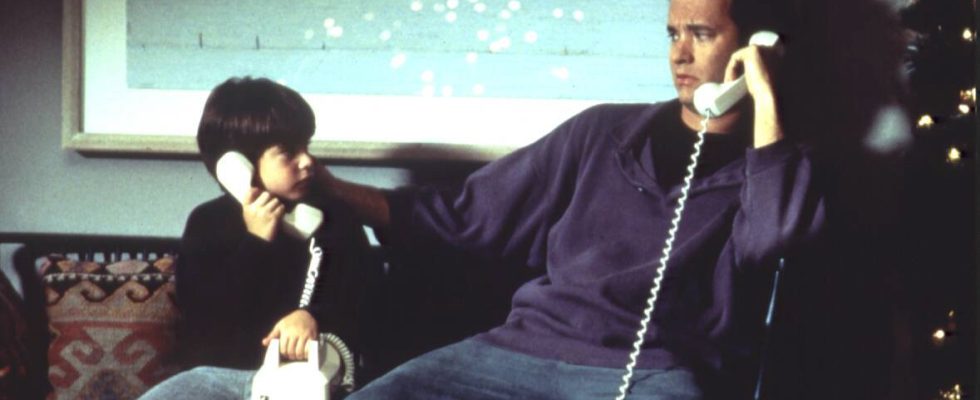You don’t see authors on screens and screens, but you can’t do without them. As a result, the US entertainment industry was in a state of turmoil when the Writer’s Guild of America announced on Monday evening that negotiations with the studios and producers had failed and that the authors would stop working on Tuesday afternoon. Nobody knows how long that will take: the most recent major strikes by writers paralyzed Hollywood for 153 days in 1988 and 100 days in 2007 New York Times reportedly cost the Los Angeles metro area alone more than $2 billion. The current dispute comes at the end of a boom. In recent years, streaming providers in particular have outbid each other in ordering series and films – but recently Netflix, Disney and Amazon have reduced spending on new productions, and loans have become more expensive and the competition bigger.
The last strike led docu-soaps to unexpected triumphs, because at least officially they don’t have scripts – so you can soon watch a few more police officers, customs investigators and rescue services at work on television.
The production of cinema films takes so long that the effects of a writers’ strike only become noticeable years later. In the case of series, it takes months before the scripts are no longer available. But the late-night talk show hosts who are currently producing, like Jimmy Kimmel or Stephen Colbert, would have the opportunity on day one to demonstrate what’s left of them if not a dozen writers have tweaked their monologues – they probably will just not sent anymore. However, this is not a solidarity strike, but sheer necessity. Many crew members have contracts that allow them to go on a solidarity strike. However, the American directors’ and actors’ associations have warned their members that taking part in the writers’ strike is a breach of contract.
It’s almost impossible to work in the entertainment industry without being a member of a guild
Union influence in the US entertainment industry is huge, it’s almost impossible to work there at all without joining a guild. Nevertheless, authors earn less – streaming services often only order eight or twelve episodes of a series per year, on television it was often 24. The authors’ guild is therefore fighting for higher fees and is trying to get very short engagements under control.
The other important point is the use of artificial intelligence. The authors demand strict rules, the union should prevent entire series episodes or films from being generated by a program and then just a little polished by an author. What happens, asks one of the union representatives in the New York Times, if someone feeds all the screenplays by Nora Ephron, who wrote “Harry and Sally” and “Sleepless in Seattle”, into an artificial intelligence and lets them imitate their style and the audience is satisfied with the recycled Ephron? By the time of the next collective bargaining in 2026, this will certainly have happened. This great Hollywood writers’ strike would be the last of its kind.

